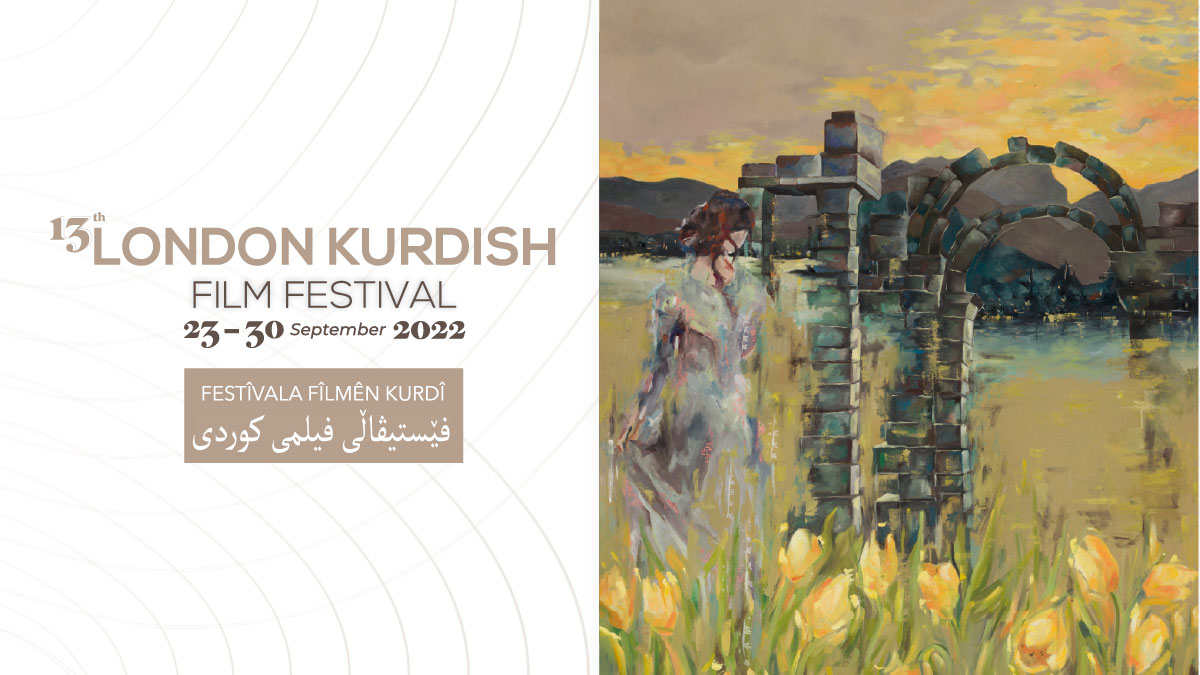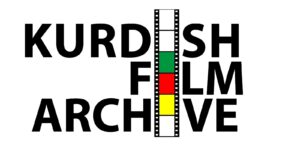Launched in 2001, the London Kurdish Film Festival (LKFF) is the biggest film festival of its kind, bringing together films from Kurdistan and the rest of the world to film audiences in London.
LKFF is managed and produced by a team of volunteers. The festival has come a long way since its inception, leaving behind 11 successful editions, each growing in magnitude and significance.
London Kurdish Film Festival believe cinema is a powerful and influential form of artistic expression and one which carries great importance for Kurds, who have, like all oppressed nations, transformed cinema into a tool for emancipation and self-expression. London Kurdish Film Festival provides a pivotal platform for Kurdish and non-Kurdish filmmakers to showcase films of any style, topic and genre that highlight the untold stories and experiences of the Kurdish people around the world.
The London Kurdish Film Festival will continue to serve as a showcase event for Kurdish cinema, and strive to contribute to the growth and development of the Kurdish film industry by nurturing and rewarding exceptional Kurdish talent and cinema from the region and around the world.
History
The London Kurdish Film Festival was established in 2001 by a team of young filmmakers from Kurdistan who came together in London. It is the biggest film festival of its kind, bringing together films from Kurdistan and the rest of the world to audiences in London.
Mission
LKFF plays a significant role in increasing access to the international films made by Kurdish filmmakers or on themes related to Kurds made by any director for the UK audiences. Not only does it bring together films on Kurds across the Middle East including Iran, Iraq, Syria and Turkey, it also functions as a platform that brings together the Middle Eastern and Western audiences to broaden the cultural dialogue between different communities in the UK.
LKFF also offers increased access and engagement with Kurdish films that might not otherwise be seen by UK audiences and in doing so, helps grow the film audiences in the UK, raising the profile of Kurdish cinema across the UK and internationally.





